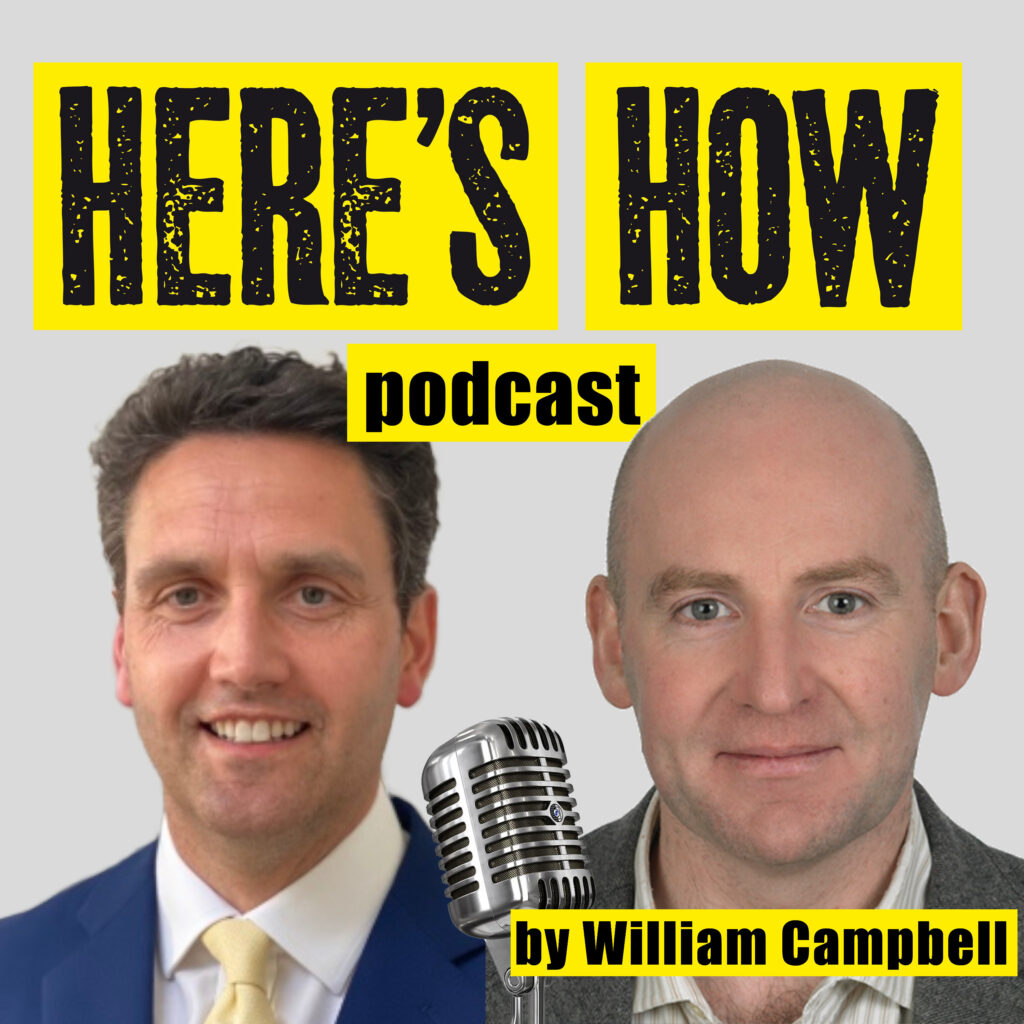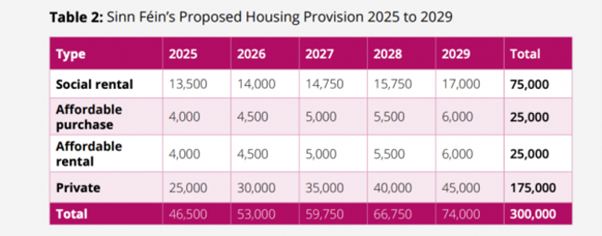Podcast: Play in new window
Subscribe: Apple Podcasts | RSS | More
Professor Colin O’Gara is Head of Addiction Services at St. John of God Hospital and author of the book Gambling Addiction In Ireland: Causes Consequences and Recovery.
*****

There is a pattern, I suppose it’s so well-known that it’s a cliché, of people mellowing their view as they get older. One version is the famous quote, I think wrongly attributed to Churchill, ‘If you’re not a liberal when you’re 25, you have no heart. If you’re not a conservative by the time you’re 35, you have no brain.’ But I think that isn’t exactly the effect in reality; regardless of your political views, as you get older, life’s complications present themselves, so it is harder not to take account of them and acknowledge that there are many exceptions that don’t fit into the more strident views you might have on any topic. Nuance is important.
You might be a free market capitalist, and point to the explosion of wealth that it is associated with, and say that everything should be governed by the market, but if you don’t eventually notice that some areas of life persistently just don’t respond to market forces, then you’re not paying attention.
Or you might be hardline socialist, and demand that the resources of society be shared fairly; but if you don’t ever recognise that wealth is not a fixed quantity, and people make a better fist of increasing that quantity when they get to keep a bigger share of what they create, then you end up with having the local market stall run by a committee of the party’s local coordinating executive, and you have little or nothing to sell on that market stall.
Now that sounds like I’m going to make the case for the centrist-dad position of being somewhat moderate on everything, but not quite. George Bernard Shaw wrote “The reasonable man adapts himself to the world: the unreasonable one persists in trying to adapt the world to himself. Therefore all progress depends on the unreasonable man.” This country exists because those who died that Eastertide attempted something completely impossible – absolutely hopeless, with no chance of success; but within five years more of their vision had been achieved than could ever have been imagined.
It’s also a cliché to point out how young the American Founding Fathers were, but it bears repeating. Alexander Hamilton, he of the musical, was 21 years old when he signed the Declaration of Independence. James Madison was 25 at the time. Aaron Burr was 20. James Munroe, later president, was 18. Eighteen.
My point is that if you want to achieve anything, you need to sometimes rise above the details. The arrogance and naivety of youth might serve you well in that. If you are paralysed about breaking eggs or throwing out babies, you will never manage to make an omelette or get rid of the bathwater… there are too many aphorisms on this topic, but I hope you get my point. And I’m not ignoring all the times that revolutionaries trying the creative destruction gig got all the destruction but precious little creativity.
I was thinking about all this because one listener asked me to comment on the recent Sinn Féin Affordable Housing plan.
It’s important to remember just how appalling this crisis is. We have been building probably 40,000 fewer homes than we need every year for more than a decade. Aside from the financial cost on people who have managed to get a home, there’s hundreds of thousands of people living in some poxy kip, or sleeping on a friend’s couch, or staying with their parents until they’re 40. Forced into emigration, not able to form relationships, not able to start families. It’s bad.
Sinn Féin’s 112-page document of dense text has very detailed proposals on how to crank up housing output over the next five years to reach 74,000 homes per year by 2029; the average across the five years starting 2025 – that’s less than four months away – the average output across the five years of the next Dáil would be 60,000 units per year. For context that’s double the number of units built last year, and treble the number built annually before that.

This sort of ramp up is a huge challenge. You can’t just increase building at will. There are many constraints, including the planning process, although that is often overstated in my opinion – there are many thousands of planning permissions that are just lying idle.
By far the two biggest constraints are land hoarding and labour supply.
Sinn Féin have a robust plan to bypass the land hoarders and use the big swathes of publicly-owned land held by the state, local authorities, and state companies.
The labour problem is harder to crack. They do have plans to bring in new building technologies, divert activity from building hotels and the like, and increase apprenticeships, but the lead-in time for most of those is much too long to give much return within the lifetime of the next Dáil.
I spoke at length to a senior Sinn Féin source about this, and there is no question that the party is aware of how big the challenge is, and I think that the ambition of this plan is driven by the fact that the party has been deeply stung by their poor performance in the local and European elections in June, and their failure to move the needle in the polls since.
But is it a good plan? As I said, it’s 112 pages long, and I honestly think that if I were to list everything in it that I disagree with it, that document would be even longer than the plan, so I’m not going to bore you with all that here.
But a couple of things – one big issue I have is that a third of the total build is for rental – social rental and affordable rental. Big difference between the two, but in this context, not so important. I know that we have been all heard of Vienna and Berlin, where 80 or 90 per cent of the homes are rented, but Ireland has a huge cultural attachment to home ownership, and people want what they want. It’s not a good idea to burn up your political support pushing people into a form of housing for ideological reasons.
Sinn Féin has put a lot of thought into extensive measures to try to prevent the spending splurge on their planned building blitz from being eaten up by building cost inflation; that’s a good thing, but I think that it’s just not going to be enough. When the money supply grows faster than the supply of what’s being bought, inflation is unavoidable.
And the inescapable issue here is how we got into this mess in the first place. Ireland uniquely focusses its tax base on work, and leaves assets tax-free, which sucks money that should be invested in productivity into property speculation. But no politician is brave enough to tackle that. So no property tax; because populism.
I have some big objections, I have lots of little ones. So am I against this plan? Absolutely not. This is a politically brave move on a topic that needs political bravery. If you wait around trying to meet the concern of every gobdaw on a podcast, you’ll never get anything done. We should not sacrifice the good on the altar of the perfect.
Housing is easily the most serious internal problem that Ireland has. It’ll take a lot of revolutionary thought, and a lot of nuance, but if half of his plan works, that will be a big achievement.







